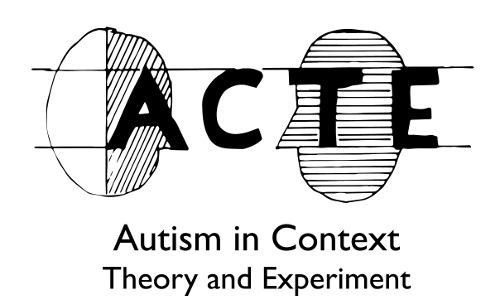Acoustic variability in the learning of new words in children aged 7 to 10 years with Developmental Language Disorder (DLD).
Identifier: VarLoc 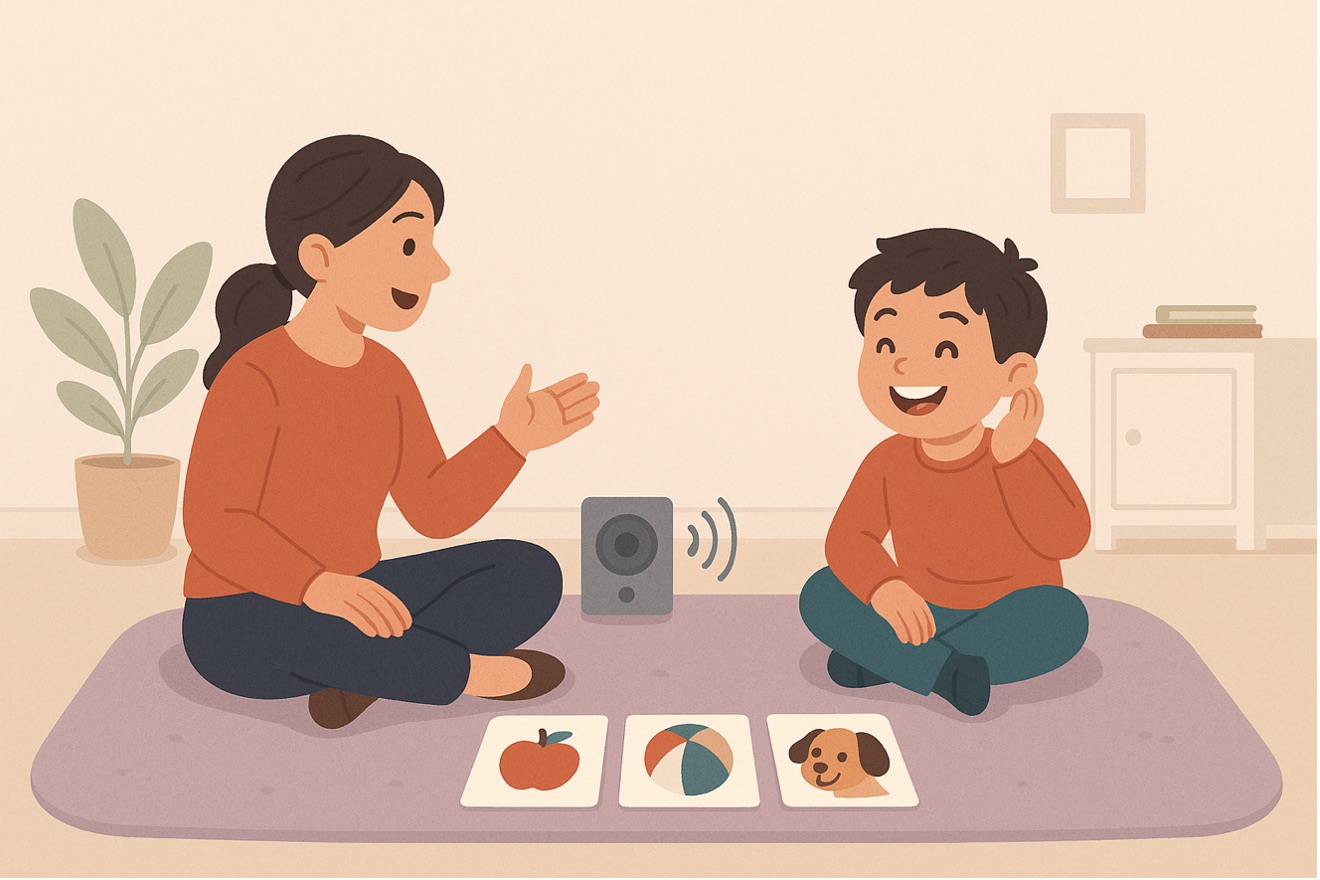
Date: May 2025 – September 2025
Participants: Children aged 7 to 10 years with a diagnosis of Developmental Language Disorder (DLD)
Funding: ARC
Summary: Recent research has shown that hearing a new word spoken by several speakers, rather than just one, can help children learn it more effectively. However, it is still unclear how this works in children with Developmental Language Disorder (DLD).
To study this, we are looking for typically developing children and children with DLD, aged 7 to 10 years, to participate in a fun study involving two sessions over two consecutive days. During each session, your child will hear 12 invented words associated with images, spoken in one or multiple different voices, in order to assess learning and memory after a night of sleep.
More information: Read the detailed study information sheet HERE and/or the recruitment flyer HERE if you are a parent interested in this study.
Status: Recruitment ongoing. If you wish to have your child participate in this study, feel free to register HERE or send us an email (This email address is being protected from spambots. You need JavaScript enabled to view it. or This email address is being protected from spambots. You need JavaScript enabled to view it.). We will then get in touch with you.
Neural correlates of multisensory integration in Autism Spectrum Disorder: A magnetoencephalography study
Identifier: MSI autism 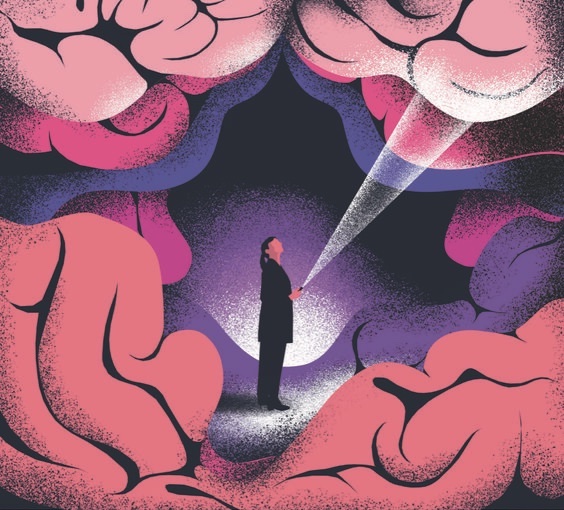
Date: June 2023 – May 2025
Participants: FRENCH SPEAKING (1) Children aged 7 to 13 years with a diagnosis of autism and (2) with typical development
Funding: FRIA (FNRS) & BKF
Summary: This study aims to understand how the brains of children (both autistic and non-autistic) process and integrate multisensory information (from different senses: hearing, vision, etc.). In daily life, we are often exposed to numerous sensory stimuli, and the integration of these stimuli plays a key role in how we navigate the world. Autistic individuals often report difficulties or alterations associated with sensory processing: understanding how these signals are processed by the brain could help us better comprehend the constellation of challenges faced by some individuals in their daily lives, both in sensory and social or communicational contexts.
In this context, we aim to record the brain activity of children using a neuroimaging device called magnetoencephalography (MEG). Better understanding the neuroscientific basis of these particularities is crucial for early detection and the development of appropriate support strategies.
More information: Read the detailed study sheet HERE if you are a parent interested in this study.
Status: Recruitment ongoing. If you wish to have your child participate in this study, feel free to register HERE or send us an email (This email address is being protected from spambots. You need JavaScript enabled to view it.). We will then get in touch with you.
Is the interactional bias in language development universal? A study of language learning from audiovisual material vs interaction in autistic and neurotypical children.
Identifier: LangInteractionVideo 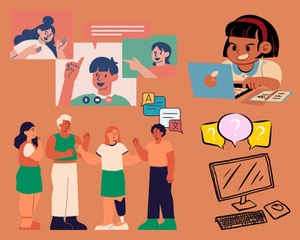
Date: October 2024 – October 2028
Participants: Children aged 4 to 6/8 years old (1) diagnosed with autism and (2) with typical development
Funding: FNRS
Summary: Research shows that children learn language better through social interactions than by simply being exposed to audiovisual material. However, it is unclear whether this preference for social interaction is universal across all children, regardless of their developmental profiles. This project will propose games to explore the ability of neurotypical and autistic children to learn different types of linguistic content – such as names – in three contexts: (i) face-to-face interaction, (ii) during a video call, or (iii) from a pre-recorded video. In addition, the study will track the language development of children over a two-year period following their initial participation.
More information: Read the detailed study sheet HERE if you are a parent of a child with autism and HERE if you are a parent of a typically developing child.
Status: Recruitment ongoing. If you wish to have your child participate in this study, feel free to register HERE or email us (This email address is being protected from spambots. You need JavaScript enabled to view it.). We will then contact you.
Association between the maturation of sleep-wake rhythm and language acquisition in children
Identifier: SOM01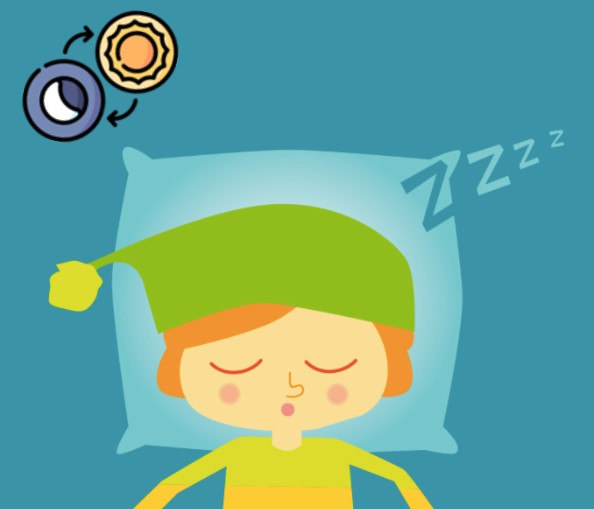
Date: September 2023 – September 2025
Participants:(1) French-speaking children (2) Aged between 2 and 6 years
Funding: EOS
Summary: Over a 14-day period, your child’s sleep-wake rhythm will be analyzed using an actimeter. This device, similar to a bracelet, records movements throughout the day and night, providing a precise view of their sleep habits. Additionally, games will be offered to assess your child’s language and reasoning abilities.
More information:Read the detailed study sheet HERE if you are the parent of a typically developing child.
Status:Recruitment ongoing. If you would like your child to participate in this study, feel free to register HERE or send us an email (This email address is being protected from spambots. You need JavaScript enabled to view it.). We will then contact you.
Belas
Identifier: Belgian Language in Autism Study
Date: September 2023 - September 2026
Participants: French-speaking children aged 2 to 5 years and 11 months with a diagnosis of autism or under suspicion
Funding: EOS
Summary:
More information: You can visit the BeLAS study website directly at https://www.belas.ulb.be/
Status: Recruitment is closed. If you would like more information, feel free to send us an email at (This email address is being protected from spambots. You need JavaScript enabled to view it.).


